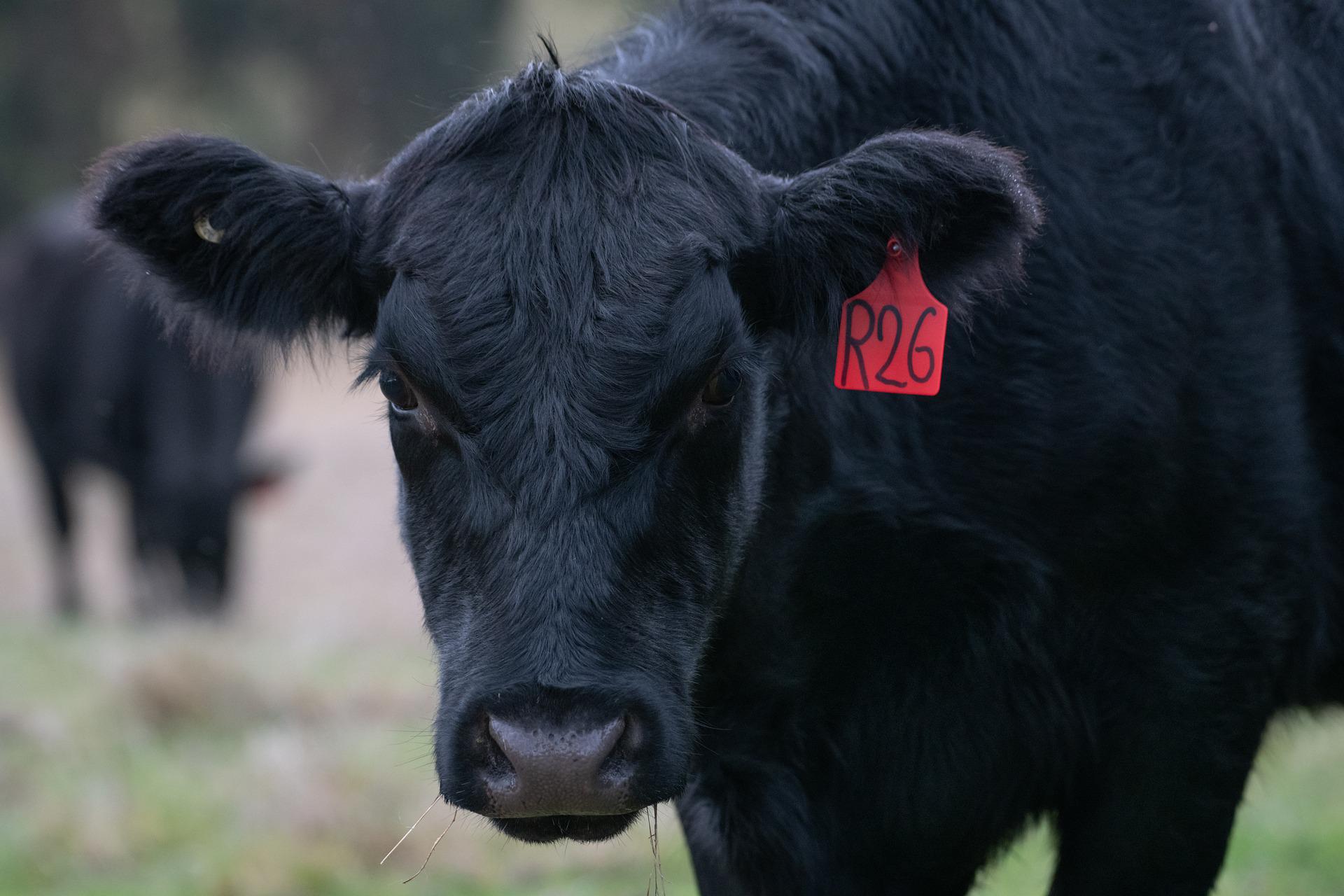The debate over whether grass-fed or grain-fed meat is better for human health has raged for years. Is it really healthier than conventional beef? And does it contain added hormones?
Some experts believe that grass-fed beef contains fewer harmful chemicals and antibiotics than conventionally raised beef. Others say that grass-fed beef is no more nutritious than regular beef.
It turns out that both types of beef are safe for consumption. Some studies show that grass-fed beef might even be healthier than conventional beef. But there can be a fine line when it comes to the different labels such as ‘organic’ and ‘natural’.

Depending on where you are in the world, what the beef producers consider natural and the third party verifications ‘natural beef’ doesn’t always mean the same thing. While it does need to meet some requirements to be classified to be considered natural, often the beef producers are required to include a statement explaining what ‘natural’ means on the label.
For example, ‘Grass-Fed Beef’ differs slightly from ‘Organic Beef’. Though both raise cattle in living conditions that allow for natural behaviours and to graze freely. And they don’t receive antibiotics or added hormones. The difference is what the cattle eat throughout their lifecycle. Grass-fed beef is cattle that consume grass and forages throughout their whole lives, while organic cattle is fed certified organic feed with no GMOs.
That’s why you’ll want to research how natural beef producers define what makes their beef natural. True grass-fed systems keep the cattle on grass for the entire length of their lives, rotating the herd to different areas as they chew through their meals. It also means happier cattle.
At TX Bar GrassFed our cattle was was sold under the USDA organic label, but decided that it would be in our best interest to stop paying numerous amounts of fees to keep the organic label. We still abide by the practice but decided it was not worth all the fees.
The fact that some certifying companies are looking to make a profit shows the produce they certify is not at the heart of their priorities, because the payment isn’t just a one-time ordeal. And on top of that organic farmers have to get re-certified every year.
Benefits of hormone-free meat
Weight Gain – the natural way for cattle.
When cattle are subjected to overcrowding it makes them difficult to gain weight, which causes them to be injected with hormones to speed up their growth hormones. This can lead them more likely to develop a disease or illness compared to the cattle that grow weight naturally. So, it is not just the case of ‘why hormone meat is better for me?’ but also for the animals.
Higher levels of antioxidants
Hormone-free meat also contains Vitamin E and A.
It tastes better
Animals that get to graze and roam freely have leaner me, making it juicer. Check out our recent blog on how to cook grass-fed beef.
Another plus to eating hormone-free meat is the overall effect it is likely to have on your own health. Despite the lack of evidence that long-term hormone exposure is harmful, many medical experts agree that the fewer hormones we consume, the better. After all, our bodies already produce enough hormones!

The bottom line is there are many labels out there for meats and how it is produced. It’s up to you whether you want to pay more for meat that accords with your social and environmental values.
Get in touch if you are interested in purchasing grass-fed beef.







